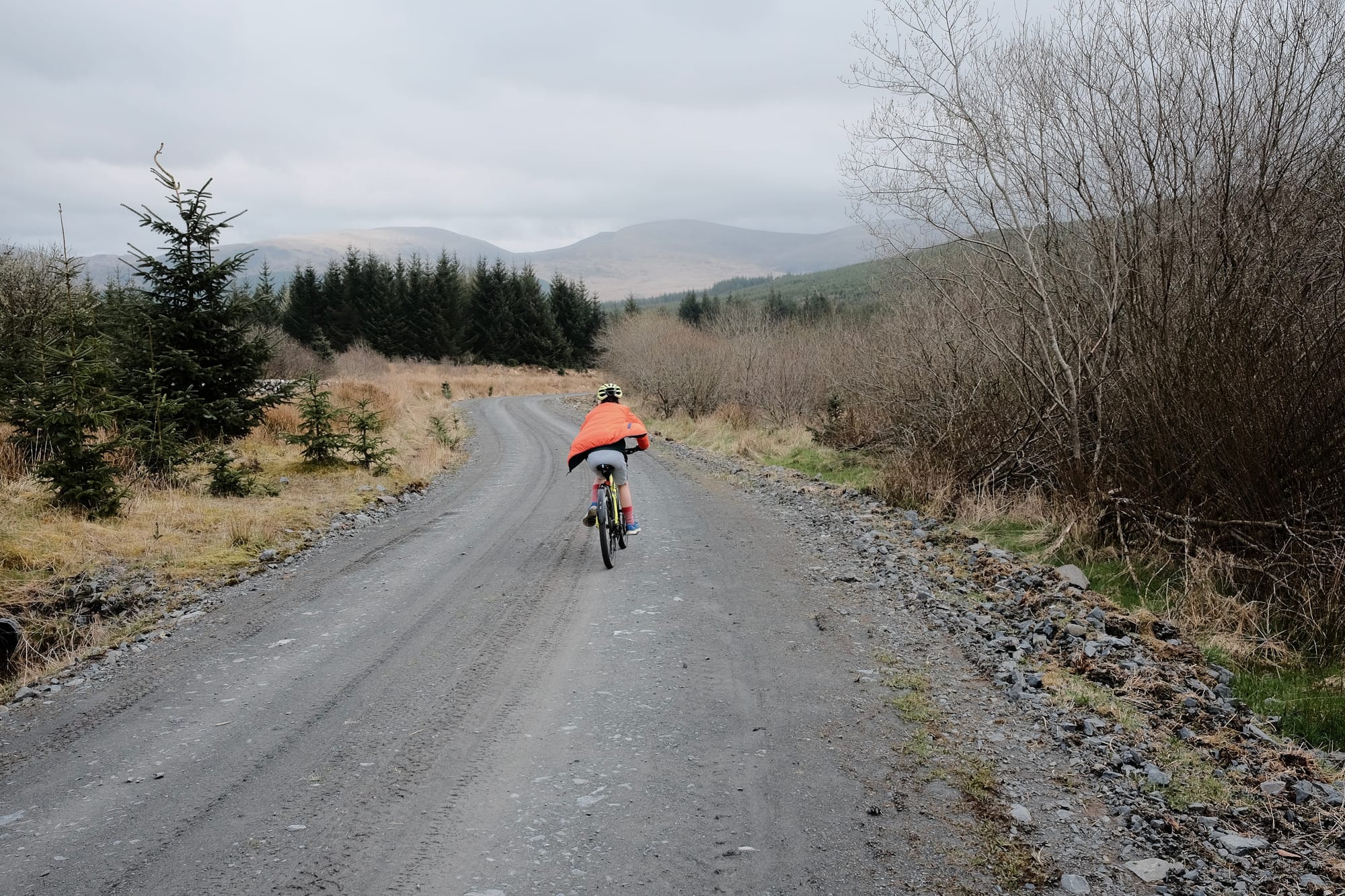Riding without a reason
Cycling purely for the sake of riding a bike clears my mind and leaves me ready to face whatever life has in store (after a nice sit-down).

Life has been busy lately. And when it is, I tend to feel that riding a bike needs an added purpose. I ride to the swimming pool to work on my fitness. I ride to town to do my errands. I ride to take some photos, because I’ve been neglecting my hobby.
Amidst the frantic multitasking, I rarely ride for the sake of riding – just to feel my legs push the wheels round, the click of the freehub and the air rushing past. But I should, because I’ve found nothing better for quietening a busy mind; each turn of the cranks dimming the cocophany of thoughts.
I touched on this in a previous post about riding in the forest, but it’s something I wanted to explore in more detail. In that post I quoted Dutch author Tim Krabbé from his book about cycle racing, The Rider. The quote is worth repeating here:
On a bike your consciousness is small. The harder you work, the smaller it gets. Every thought that arises is immediately and utterly true, every unexpected event is something you'd known all along but had only forgotten for a moment. A pounding riff from a song, a bit of long division that starts over and over, a magnified anger at someone, is enough to fill your thoughts.
I’ve never raced, but I recognise this feeling. On longer rides, I’ve spent hours with a single thought bouncing around my head like the 1970s computer game, Pong. It's as if, with my body diverting energy from my brain to my legs, my under-powered mind is content to spend all day playing with a scrap of consciousness.
This is very different from how my mind works when I'm walking. Then, the gentle movement churns and shapes ideas so that I often come home with a solution to a problem or the start of a piece of writing. Krabbé initially believed that cycling would enable him to come up with ideas for stories he could write. It didn't. Instead he found that while riding his bike he 'thought of nothing at all'.
If I want to set my subconscious to work on some creative thinking, I go for a walk. But if I want to clear my mind completely, I cycle. In a hectic world where attention has become a commodity and social media shouts at us from our phones, the opportunity to think of nothing is precious. And the benefits last beyond the ride itself.
In The Art of Cycling, pro cyclist turned writer James Hibbard describes the 'calm complacency which descends upon body and mind in the hours after a hard training ride'. I recognise that feeling when, following a ride, I'm too tired to think or move from the sofa. Washing up and work emails can wait. Problems that seemed urgent before now seem unimportant.
As a professional cyclist – from the generation whose careers were blighted by the doping of their peers – Hibbard rode to win. His book reveals how that singular goal consumed him, driving an unhealthy perfectionism that he struggled to shake off. When your career depends on your results, I guess it’s hard to put that out of your mind and focus on being present on the bike, on embracing each pedal stroke as your sole purpose.
Dashing around on errands, my mind darting between tasks, is the antithesis of a flow state. But I do know what flow feels like. It feels like the photo I've used to illustrate this post. Taken on holiday in Glentrool, Galloway, a few years ago, the image captures G descending down a forest road.
I remember the scene well. As I rode behind G, I watched his bright orange coat billow and allowed myself to enjoy the moment.
I should do that more often.

